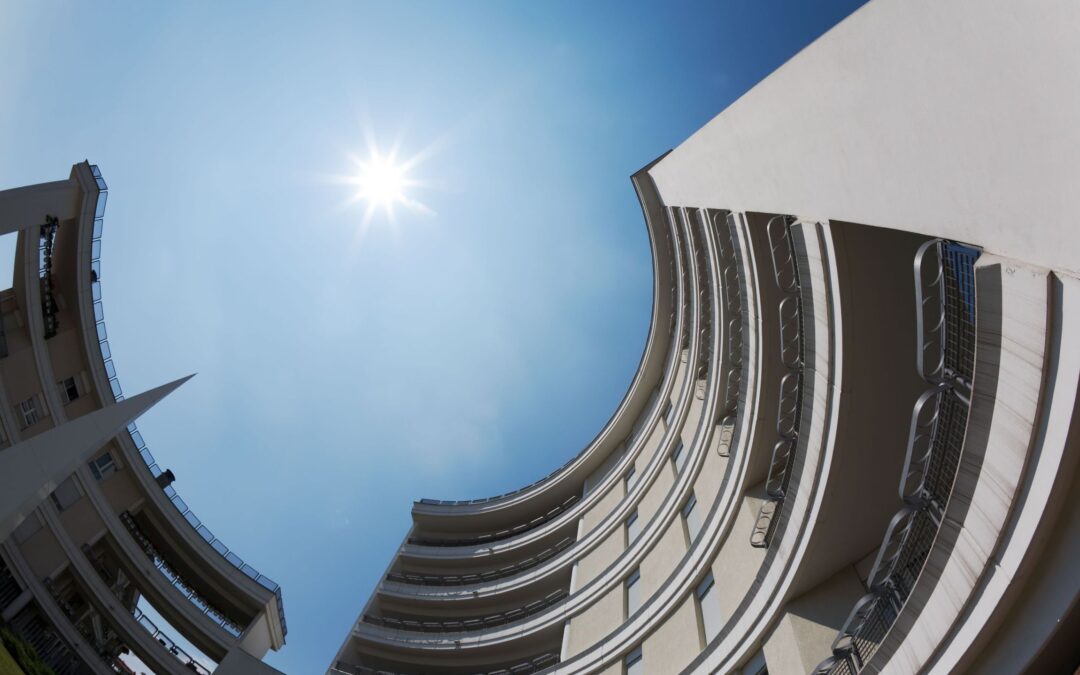What’s the issue?
If you applied the temporary reduced VAT rate during the Covid-19 pandemic, were you correct to do so? If not, your business may have underdeclared output tax and you may be at risk of receiving VAT assessments, interest and penalties.
What can go wrong?
A recent tribunal involving The Young Driver Training Limited (“Young Driver”) highlights the importance of establishing the exact nature of the supply in order that the correct amount of VAT can be declared to HMRC.
During the Covid-19 pandemic, the VAT rate for certain supplies relating to the hospitality sector, hotel and holiday accommodation, and admission to certain attractions was temporarily reduced. From 15 July 2020 to 30 September 2021, a 5% rate was introduced. This was then increased to a 12.5% rate from 1 October 2021 to 31 March 2022.
The standard VAT rate of 20% returned on 1 April 2022.
The reduced VAT rate relating to the supplies of a right of admission included – ‘shows, theatres, circuses, fairs, amusement parks, concerts, museums, zoos, cinemas and exhibitions and similar cultural events and facilities.’
Young Driver provides driving experiences to 4-17 year olds. The experiences take place on private land which is fenced off for safety and only the child and those accompanying the child are granted access to the enclosed area.
In VAT return periods ending September 2020 and December 2020, Young Driver treated the driving experience as ‘admission to certain attractions’ and operated the temporary reduced VAT rate of 5%.
Young Driver argued that they provided ‘admission’ into the fenced off area and that the experiences within the fenced area were similar to the type of entertainment provided at amusement parks.
HMRC disagreed and concluded the supplies made by Young Driver were not within the criteria for ‘admission to certain attractions’ and were supplies of driving lessons.
The First Tier Tribunal agreed with HMRC and found that the supply was not a right of admission. Instead, it was a package of benefits including tuition, supervision and a vehicle. There was admission to the fenced-off area, but without the rest of the package, there would be no experience.
The outcome was that Young Driver was liable to pay the additional VAT to HMRC.
What does this mean for you?
If your business has similar activities to Young Driver and you have applied the temporary reduced rate of VAT in relation to “admission” charges, you should consider whether VAT has been underdeclared and adjustments are due to HMRC. Our view is that The Tribunal was correct in its conclusion that the driving experience provided by Young Driver was not an ‘admission charge to an attraction’ and was properly standard-rated.
On a wider note, the application of either the zero or reduced rate of VAT to supplies is subject to strict criteria being met and is treated as a risk by HMRC. Therefore, if there is any doubt about the VAT liability of supplies, it is always advisable to take specialist advice.
To discuss any aspect contact Stephen McConnell, Business Services Partner E: stephenmcconnell@bakertillymm.co.uk Tel: 028 9032 3466
This article first appeared on www.mooreandsmalley.co.uk

